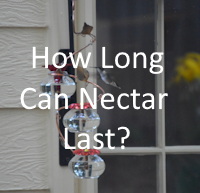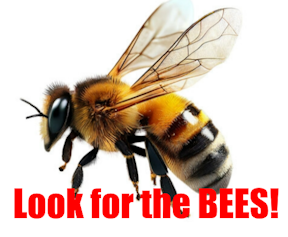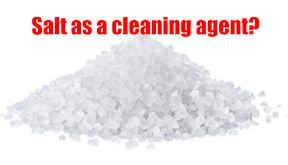Nectar Preservation: Ultimate Guide to Lasting Freshness
Feeding Hummingbirds: The Lifespan of Nectar Across Seasons
How Long Does Nectar Last?
Nectar, both in the wilderness and in our backyard feeders, serves as a crucial energy source for hummingbirds. The longevity of nectar can greatly differ depending on several variables. Among these, the season is particularly significant. In the simmering heat of summer, nectar can go bad much faster compared to the chilly days of winter.
In the summer, nectar can ferment within 1 to 3 days due to higher temperatures. This quick spoilage rate is due to the rapid proliferation of bacteria and yeast in warmer weather. Conversely, during winter, nectar may remain fresh for around a week if the environmental conditions are consistently cold. However, this doesn’t mean it should be left unchecked – regular maintenance is key.
Extending the Freshness of Nectar
Fortunately, there are effective ways to ensure that the nectar remains fresh for as long as possible to safely feed these delightful birds. Using a feeder that’s shaded from direct sunlight can dramatically reduce the rate at which nectar spoils during hot weather. Positioning feeders under tree branches or installing a feeder umbrella can provide the necessary shade.
Moreover, choosing the right material for the feeder plays a crucial role. Opt for feeders made from non-porous materials, such as glass or certain plastics, which are less likely to harbor bacteria and fungi. Regular cleaning is also essential; thoroughly clean and refill feeders every few days in summer and weekly in winter, or more frequently during extreme temperatures.
Identifying Spoiled Nectar
Understanding when nectar has gone bad is vital for the health of hummingbirds. Spoiled nectar can appear cloudy instead of clear, and occasionally it may have floating particles or an off odor resembling that of spoiled wine. If the nectar begins to froth at the top, it’s a clear indication that it has started fermenting and should be replaced immediately.
Factors Contributing to Nectar Spoilage
Several factors contribute to the spoilage of nectar. Bacteria and yeast naturally present in the environment are the primary culprits. These microorganisms feed on the sugars in the nectar, leading to fermentation. The process turns the sugars into alcohol, making the nectar unsafe for hummingbirds.
Environmental factors such as temperature, uv exposure, and feeder cleanliness play a significant role in how quickly bacteria and yeast grow. Therefore, managing these factors effectively is key to prolonging the freshness of nectar.
Bacteria’s Effect on Nectar
Bacteria are naturally occurring organisms that play a significant role in decomposition and fermentation processes. In the context of nectar, bacteria feed on the sucrose, breaking it down into simpler sugars which then ferment. This not only alters the smell and taste making it unappealing and unsafe for hummingbirds but also lowers the nutritional value of the nectar.
Can Hummingbirds Detect Spoiled Nectar?
Hummingbirds possess keen senses that usually guide them to the best food sources. They can often detect when nectar is spoiled, either by its appearance, smell, or taste. If they sense that something is off, they may inspect the feeder but will ultimately avoid consuming the contaminated nectar. Watching their behavior can give good insights into the quality of the nectar provided.
Conclusion
In conclusion, the lifespan of nectar highly depends on seasonal conditions, with it needing more frequent replacement during warmer months. By properly managing feeders—through strategic placement, regular cleaning, and using appropriate materials—hummingbird enthusiasts can ensure a healthy diet for these birds and enjoy their vibrant presence all season long. Always remain vigilant for signs of spoilage, as fresh, clean nectar is key to attracting and sustaining a healthy hummingbird population.






